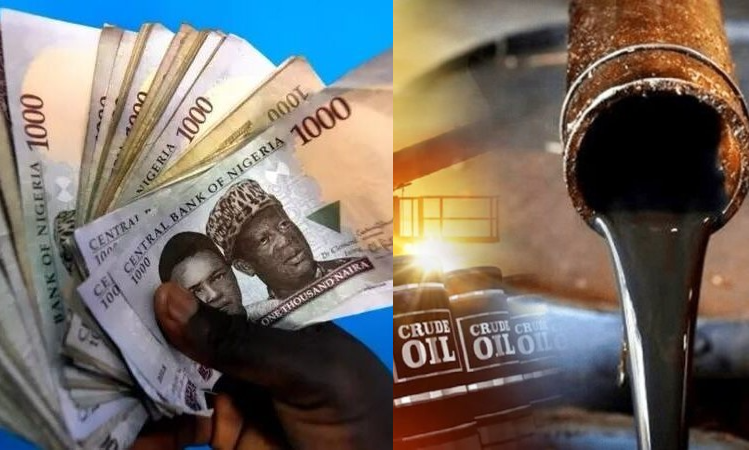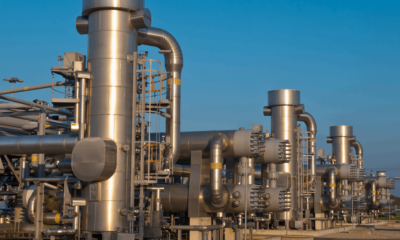Business
No Going Back On Naira-For-Crude Implementation –FG

The Federal Government is not going back on its Naira-For-Crude arrangement, the Minister of Finance and Coordinating Minister of the Economy, Mr. Wale Edun, has stated.
He said the Technical Sub-Committee on the Crude and Refined Product Sales in Naira is proceeding with the implementation of the federal government’s initiative to conduct crude oil and refined product transactions in the local currency.
The minister who spoke in Abuja in the course of a meeting of the committee expressed satisfaction with the level of inter-agency collaboration in the transaction.
Providing a background to the Naira-For-Cred Deal, he said the arrangement was part of President Bola Tinubu’s broader economic strategy to stabilise the Naira, improve energy security, and deepen local value addition within Nigeria’s petroleum sector.
A release from the Ministry of Finance, said the Executive Chairman of the Federal Inland Revenue Service (FIRS) and Chairman of the Technical Sub-Committee, Mr. Zacch Adedeji; Special Adviser to the President on Energy, Ms. Olu Verheijen, and senior officials of the Nigerian National Petroleum Company Limited (NNPCL) were amongst those present at the meeting.
READ ALSO: Crude Oil Theft: NNPC Reveals Actual Figures, Gives Reasons
READ ALSO: Non Oil Exports: See List OF Products Driving Nigeria’s Foreign Exchange Earnings
Others were the Nigerian Midstream and Downstream Petroleum Regulatory Authority (NMDPRA), the Nigerian Upstream Petroleum Regulatory Commission (NUPRC) and the Nigerian Ports Authority (NPA).
The statement added that the meeting also reviewed the implementation of the policy with a view to suggesting amendments where necessary.
According to the minister, the naira-for-crude initiative would achieve some good things for the economy.
These, according to him, include reduction of the country’s dependency on foreign exchange for domestic energy transactions, as well as encouragement of investments in local refining capacity.























